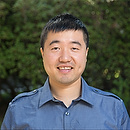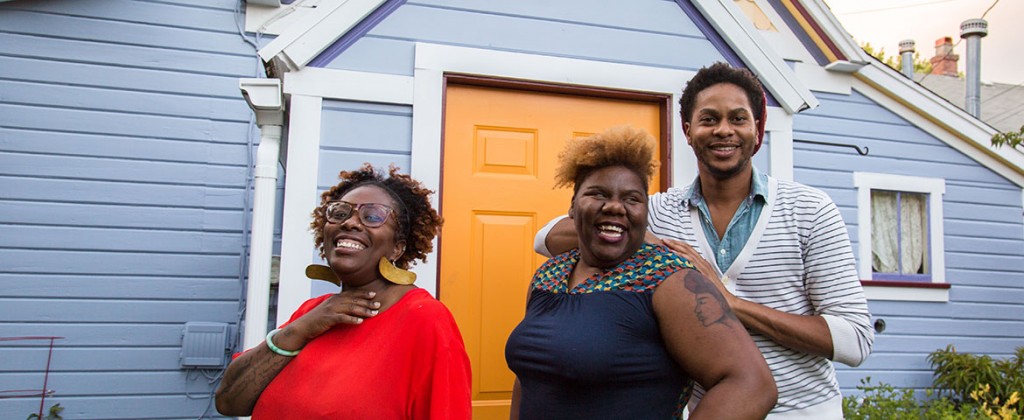Page 34 • (637 results in 0.033 seconds)
-

awareness. “I didn’t really know what I was getting into!” Jore says. “I think the biggest challenge was that we were learning a lot of different techniques in class while we were working with Heritage, so we had a lot of new things to learn at the same time we were doing the project.” The project required Dixon and Jore to use a wide variety of research and analysis methods taught in the MSMA program. The students were prepared, and their individual strengths proved to be an ideal match for their
-
Department OfferingsAnthropology Laboratory – The departmental lab emphasizes archaeological teaching and provides an excellent opportunity for students to apply scientific methods of hypothesis testing in the context of the social sciences. Among the goals of the program are to teach archaeological recording techniques, to develop an understanding of the procedures and mastery of the techniques of specific instruments, and to familiarize students with the analysis of artifacts and paleoenvironmental
-
-solving in class. As each student cohort progresses from the preparatory chemistry course on to general chemistry, we are accumulating data to determine the effectiveness of the course in supporting students’ future success in general chemistry and beyond. Through this project, RISE researchers will develop skills in basic statistical analysis as well as best practices for teaching in undergraduate classes. Faculty mentors: Drs. Buckley, Lessman, and Mixter Read Previous REU opportunity at Georgia
-
teaching and undergraduate research projects. My teaching typically is either in physical chemistry related upper division courses or general chemistry in the lower division. I teach a macromolecules related course every other year and instrumental analysis annually. My last sabbatical was during 2012-2013. During this time, I worked the majority of time in the laboratory of Dr. David Ginger at the University of Washington. We have published a paper on some of that work. I also spent about three months
-

bioinformatics Vol. 16(1), 2015: 338. Biography My research interest is mainly focused on developing and applying machine learning and data mining techniques to solve biomedical problems, such as human genome data analysis and protein structure predictions. In addition, I am interested in promoting early engagement of undergraduate students (especially for women and underrepresented students) in machine learning, bioinformatics, and the data science field by interdisciplinary studies, and inspiring students
-
Program Cost for Post-Master’s (ARNP prepared) to DNPTuition is based on a cohort model for the 2024 cohort. Students must complete the program with their cohort to remain eligible for cohort pricing. Total program cost: The MSN (ARNP-prepared) to Doctor of Nursing Practice program is 35 continuous semester hours, from summer 2024 through spring of 2026, with a total program cost of $41,790. Additional coursework may be required based on coursework analysis (must meet the AACN DNP Essentials
-

bioinformatics Vol. 16(1), 2015: 338. Biography My research interest is mainly focused on developing and applying machine learning and data mining techniques to solve biomedical problems, such as human genome data analysis and protein structure predictions. In addition, I am interested in promoting early engagement of undergraduate students (especially for women and underrepresented students) in machine learning, bioinformatics, and the data science field by interdisciplinary studies, and inspiring students
-

conversation between Hambrick, Eckstein and Jordan, split into two parts for easy consumption, examines the text and bring a rich, lively analysis to bear grounded in the trio’s own personal experiences and expertise, helping listeners see the book through a different lens.LEARN MOREVisit plu.edu/first-year/common-reading to learn more about the Common Reading program, or contact the PLU First Year Experience program at fyep@plu.edu. Read Previous STARTALK program prepares Lutes and other educators across
-
A Semester in Oslo When asking PLU senior Sarah Smith what significantly shaped her undergraduate experience, she responds with a concise, “study away”. During the Fall 2012 semester Sarah could be found in Oslo, Norway, where she was engaged in studying Peace & Conflict. As a double major in Political Science and Global Studies, she took classes pertaining to global governance and foreign policy analysis, as well as African politics and conflict. “I decided to go there because it fit well with
-
of successful binding of the GNP’s to the surface and a future for gold monolayer SERS microscopy detection. 2:25 pm - Analysis of Arboreal Microbial Peptides by Tandem Mass SpectrometryKimberly Cotten, Senior Capstone Seminar As access to the canopy of temperate forests increases, new techniques are being used to study the flora and fauna found there. The bacteria of these habitats have received relatively little study; thus I explored the use of a commonly-used proteomics technique to examine
Do you have any feedback for us? If so, feel free to use our Feedback Form.


